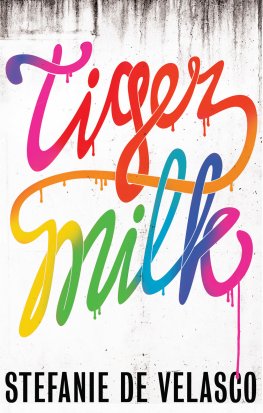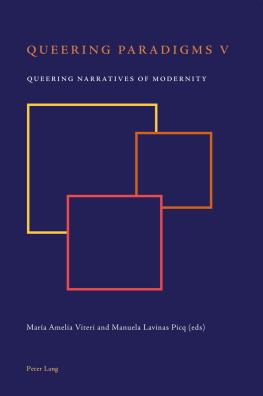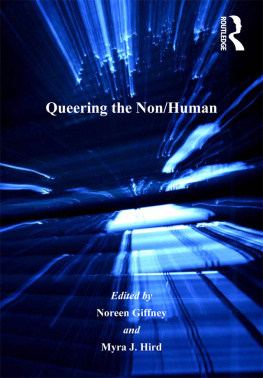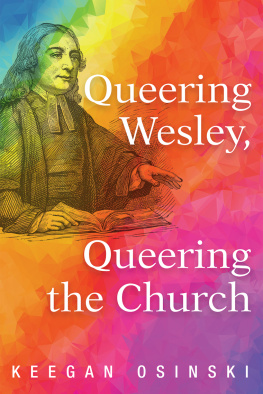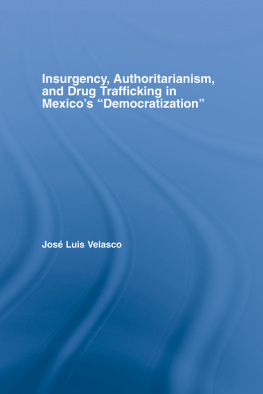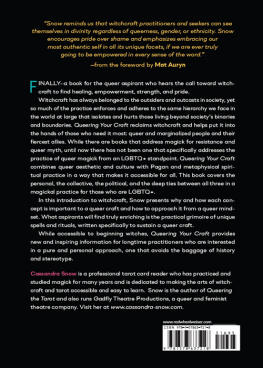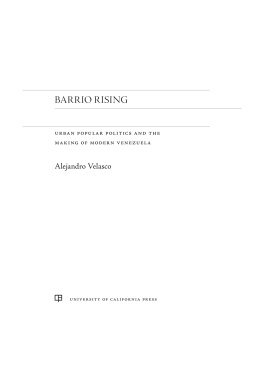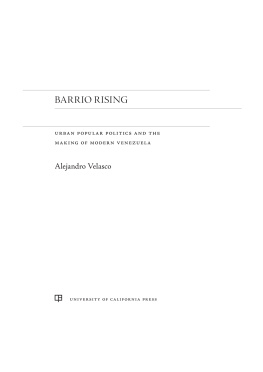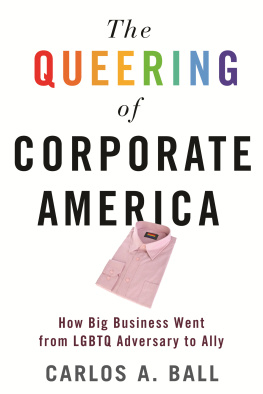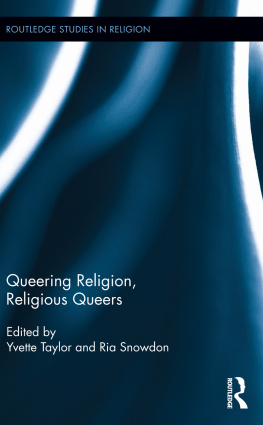Publication of this book was supported by funding from
Gettysburg College.
2020 by the Board of Trustees
of the University of Illinois
All rights reserved
Library of Congress Cataloging-in-Publication Data
Names: Velasco, Gina K., 1977 author.
Title: Queering the global Filipina body: contested nationalisms in the Filipina/o diaspora/ Gina K. Velasco.
Description: Urbana: University of Illinois Press, 2020. | Series: The Asian American experience | Includes bibliographical references and index
Identifiers: LCCN 2020025978 (print) | LCCN 2020025979 (ebook) | ISBN 9780252043475 (cloth) | ISBN 9780252085376 (paperback) | ISBN 9780252052354 (ebook)
Subjects: LCSH : WomenPhilippinesSocial conditions. | Women household employeesPhilippines. | FilipinosUnited States. | Women in popular culturePhilippines. | Women in popular cultureUnited States. | Feminist theory. | Queer theory.
Classification: LCC HQ 1757 . V 43 2020 (print) | LCC HQ 1757 (ebook) | DDC 305.409599dc23
LC record available at https://lccn.loc.gov/2020025978
LC ebook record available at https://lccn.loc.gov/2020025979
In memory of my grandmother Lody Chan Kummer (19372003), who was the heart of our family and an inspiration to me always. Your love, support, and confidence in me have sustained me throughout the long years of finishing this book.Acknowledgments
T he seeds of this book began many years ago when I was an undergraduate student activist fighting for Asian American studies at the University of Texas at Austin. Professors Kamala Visweswaran and Asale Angel-Ajani, feminist activists and scholars of color, were the first to encourage me to apply to graduate school. My political analysis was sharpened by my organizing work with fellow student activists in the Asian American Relations Group and the Anti-Racist Organizing Committee. In particular, I thank Yalini Thambynayagam, Andre Lancaster, Jacob Childress, Zafar Shah, Robyn Citizen, and Jamie Munkatchy for their friendship, hard work, and commitment to our collective goals. Andre, may you rest in power. We lost you far too soon, my brother.
I collected the raw materials for this research project while completing my PhD in the History of Consciousness program at the University of California at Santa Cruz. I thank my dissertation committee, Neferti Tadiar, Donna Haraway, James Clifford, and Anjali Arondekar, for their patience, support, and guidance during the early years of my intellectual training. While this project has greatly transformed from its earliest roots in my graduate studies, it would not have been possible without the interdisciplinary theoretical training I received in the History of Consciousness program.
The following grants and fellowships made the writing of this book possible: the Eugene Cota-Robles Fellowship at the University of California at Santa Cruz, the Davis Putter Scholarship Fund grant, the University of California Office of the President Dissertation Year Fellowship, and the Andrew W. Mellon Foundation Postdoctoral Fellowship in the Humanities at Bryn Mawr College. Publication of this book was supported by funding from Gettysburg College.
My enduring gratitude goes to the artists whose work inspired parts of this book, including the Mail Order Brides/M.O.B. (Jenifer Wofford, Reanne Estrada, and Eliza Barrios) and Gigi Otlvaro-Hormillosa. I also thank the students and faculty at the Philippine Studies Program for your support of this project.
This book is truly the product of the communities that have held me up and sustained me through the long years since I entered academia. My graduate school partner in crime, Andrew Wegley, has had my back since that first day we met while looking for apartments in Santa Cruz almost two decades ago. The Research Cluster for the Study of Women of Color in Collaboration and Conflict, particularly my writing group members Pascha Bueno-Hansen, Elisa Huerta, and Rose Cohen, showed me what peer mentoring, solidarity, and accountability look like in practice. Thank you also to Deb Vargas and Maylei Blackwell, two WOCas who have mentored me since my days at UCSC. I owe a debt of gratitude to the founding advisor to the WOC Cluster, Professor Angela Davis. There are many colleagues, mentors, and friends who have shaped the multiple iterations of these pages over the years, including Lzaro Lima, Vernica Martnez-Matsuda, Jin Haritaworn, Jian Neo Chen, Riley Snorton, Aren Aizura, Roderick Ferguson, and Tara Daly. I thank Gayatri Gopinath for her support while I was a visiting scholar at the Center for the Study of Gender and Sexuality at New York University. Thank you to Cathy Schlund-Vials for her invitation to participate in the Asian American Studies Institute workshop at the University of Connecticut at Storrs. Feedback from the workshop participants, Cathy Schlund-Vials, Jennifer Ho, Asha Nadkarni, Heather Turcotte, Jason Chang, and Brian Locke, helped me to revise . Ivette Rivera-Giusti, Roberta Hunte, and Neba Noyan helped brighten my days amid the gray skies of Portland, Oregon. I offer big abrazos to Patricia Pedroza, my closest friend during my time in the snowy woods of New Hampshire. My writing accountability partners over the years have kept me on track: Erica Williams, Robin Turner, Sonny Nordmarken, Michelle Hardesty, Caroline Ferraris-Besso, and Pavitra Sundar. Thank you for your consistency. I owe a debt of gratitude to my editor, Dawn Durante, whose patience and steadfast support over the years guided the overdue birth of this book. You are a book doula extraordinaire!
Filipina/o studies has always been an intellectual home for me. I thank the many Filipina/o scholars who read chapter drafts and supported the research that led to this book, including Joi Barrios, Faye Caronan, Kale Fajardo, Vernadette Gonzalez, Theo Gonzalvez, Allan Isaac, Joyce Mariano, Victor Mendoza, Rhacel Parreas, Dylan Rodriguez, Robyn Rodriguez, Sarita See, Celine Parreas Shimizu, Harrod Suarez, and Roland Tolentino. I have been fortunate to be a part of a community of Filipina/o studies scholars who have provided collegiality and friendship to me since my days as a graduate student, including Ethel Tungohan, Genevieve Clutario, Tessa Ong Winkelmann, Nerissa Balce, Jeffrey Santa Ana, Robert Diaz, Karen Buenavista Hanna, and Mark Villegas. Martin Manalansan has been a mentor par excellence to me and to an entire generation of Filipina/o studies and queer studies scholars.
Gettysburg College has truly been a wonderful place to work. In particular, I thank my colleagues in the Women, Gender, and Sexuality Studies Program for their support over the years: Nathalie Lebon, Temma Berg, Susan Russell, Lin Myers, Isabel Valiela, Beatriz Trigo, and Stephanie Sellers. Radi Rangelova, Jennifer Bloomquist, Hakim Williams, McKinley Melton, and Megan Adamson Sijapati have been ideal mentors and friends. Ari and Gia Dimitriou, Amy Young Evrard, Alex Trillo, Veronica Calvillo, Ivanova Reyes, Mnica Vallin, Aarn Lacayo, Nathifa Greene, and David Walsh have given me the experience of camaraderie and community, a rare gift within academia. Provost Chris Zappe has been a supportive advocate for me and my family since our arrival on campus. Thank you also to the Growing Place at Gettysburg College for providing peace of mind and excellent childcare.




